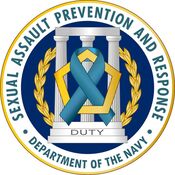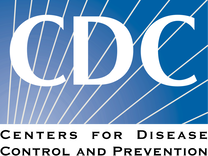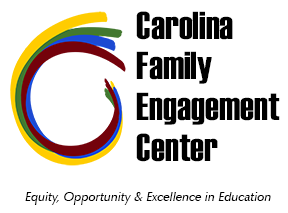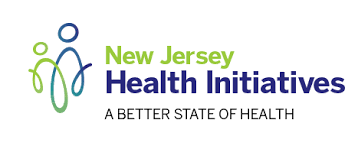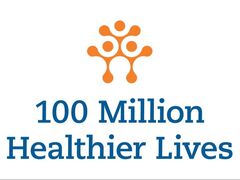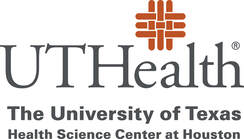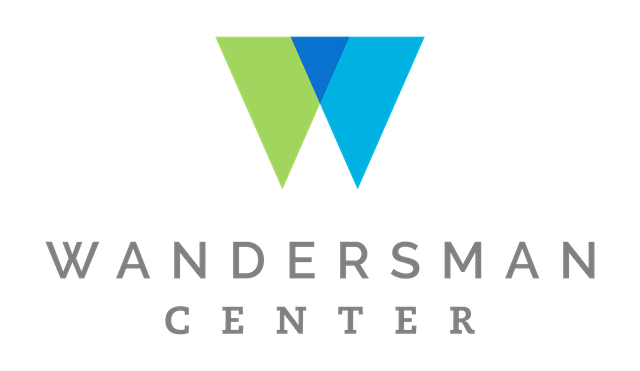Government Sector
Sexual Assault Prevention & Response Office
|
CDC, Office on
|
United States
|
ReSolv
2017-Present
|
Aims to measure the relationship of readiness across multiple levels (individual, school, district) and across multiple stakeholders (teachers, students, parents) to school safety outcomes.
Collaboration and Funding with the American Institute for Research, funded by National Institute for Justice |
Non-Profit
Carolina Family
|
Small Communities Forging Hyperlocal Data Collaboratives (SCHDC)
|
Spreading Community Accelerators through Learning and Evaluation (SCALE)
|
|
Kids teaching kids® is a partnership between Medical City Children's Hospital and the Greater Dallas Restaurant Association (GDRA) to engage youth in the development and dissemination of fun, nutritional snacks and menu options across all elementary schools and partner restaurants across Dallas. We are currently conducting an evaluability assessment of the program.
Collaboration with and funding by Medical City Healthcare. |
Serve and Connect works to improve community health and resilience by fostering and improving relationships between first responders and community members. Serve and Connect aims to build trusting, collaborative relationships that leverage community assets to create healthy communities. The Wandersman Center works closely with S&C on ongoing and emergent evaluation issues.
Check out a report on their COMPASS initiative or you can read more about their work in our blog posts. |
Research
Development and Validation of a Measure of Organizational Readiness (Motivation x Capacity) for Implementation
2018-Present
|
Despite the availability of evidence-based interventions (EBIs) for cancer control, EBI implementation and scale up remains a challenge. Implementation science aims to identify and understand factors that influence implementation success so that they can be addressed to improve outcomes. Unfortunately, gaps in measurement are a major barrier to improving understanding of such factors and developing strategies to address them.
Together with the University of Texas Health Sciences Center and the University of South Carolina Arnold School of Public Health, we are developing a theoretically-informed, pragmatic, reliable and valid measure of organizational readiness that can be used across settings and topic areas, by researchers and practitioners alike, to increase and enhance implementation of cancer control interventions. This builds off previous work we have done developing the Readiness Diagnostic Scale. Generously funded by NIH R01-HSC-SPH-18-0006. |
Enhancing Quality of Care Through Improved Health Literacy
2019-Present
2019-Present
Under the leadership of the Arnold School of Public Health at the University of South Carolina, we are working to:
Phase 2 will involve implementation of this initiative to improve health literacy, patient-provider communication, and health outcomes. The program uses three basic questions (“What is my main problem?,” “What do I need to do about it?,” “Why is it important for me to do this?”) to help patients better understand their diagnosis and treatment plan. Twenty clinics will be selected to participate based on survey results, in-person interviews and site visits. Read all about it at https://sph.sc.edu/health_literacy !
Generously funded by The Duke Endowment grant #6816-SP:
- Understand clinic readiness for implementing a health literacy initiative
- Implement an evidence-informed health literacy intervention
- Increase provider awareness about health literacy and improve communication practices
- Improve patient participation in health care encounters and health literacy. The health literacy initiative will be implemented in two phases
Phase 2 will involve implementation of this initiative to improve health literacy, patient-provider communication, and health outcomes. The program uses three basic questions (“What is my main problem?,” “What do I need to do about it?,” “Why is it important for me to do this?”) to help patients better understand their diagnosis and treatment plan. Twenty clinics will be selected to participate based on survey results, in-person interviews and site visits. Read all about it at https://sph.sc.edu/health_literacy !
Generously funded by The Duke Endowment grant #6816-SP:

